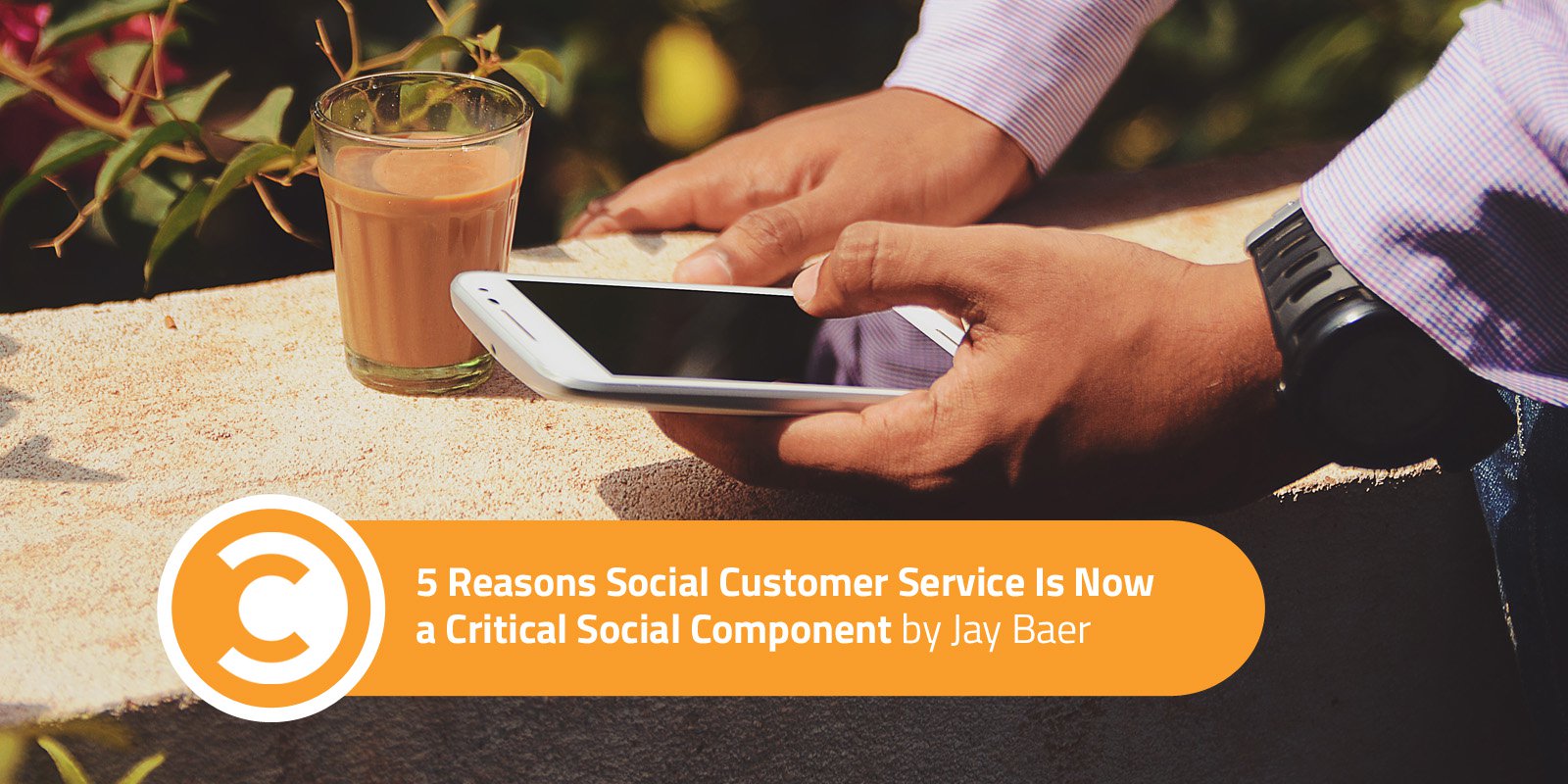For more than five years I’ve been predicting that brands would shift their attention from social media marketing to social customer service and online customer experience. And according to new research from Altimeter Group, that threshold has now been crossed.
In their “2016 State of Social Business” publication, Altimeter analysts Ed Terpening and Aubrey Littleton report that among 523 respondents in big companies in the US and Europe “social customer service” is now the top external objective for social business functions, just ahead of “relationship building” – which also focused on current customers, not customer acquisition.
Simply put, social has always been better for loyalty and advocacy than it’s been for creating new customers out of thin air, and the social business industry has finally either awoken to this fact, and/or is now willing to admit it.
This shift toward social customer service has many implications, including new ways to measure the success of overall social efforts. For example, if customer loyalty and advocacy are the core objectives, does measuring “engagement” still matter?
Also, does the social media team report to a different part of the organization once social customer service becomes a priority?
And, how does the social media team integrate with personnel that provide customer service and relationship building via more traditional methods such as telephone and email?
Some of these topics I explored in my book Hug Your Haters, and nearly every company will have to make these types of decisions in the near future.
5 Reasons Social Customer Service Is Becoming the Focus of Social
Here are five reasons attention is shifting away from social media marketing and toward the provision of customer service via social (often called social care outside the USA):
Customers Demand Social Customer Service Capabilities
The same way customers demanded brands build websites and respond to emails, they are now demanding that companies allow for social customer service. For customers, interacting with brands via Twitter, Facebook, Instagram, Messenger, WhatsApp et al is often faster and easier, and many customers believe they receive better care via these channels than they receive via phone and email.



